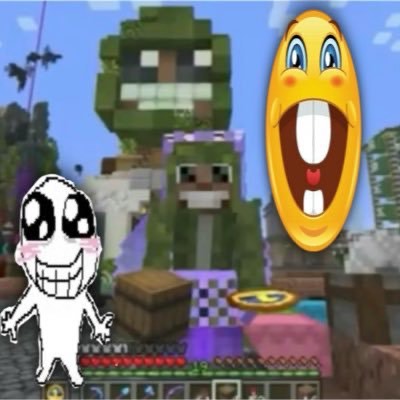Mutations
Cards (11)
- a mutation is a random change in an organisms DNA that can be inherited. It is a change in the DNA base sequence.
- a mutation in coding DNA, can lead to the change in the base sequence of mRNA, which will change the sequence of amino acids in the protein.
- Enzymes are proteins
- enzymes have specifically shaped active sites that is complementary to a certain substrate.
- If a random mutation happens in the coding DNA that codes for and enzyme, then the wrong amino acids could be used to make the enzyme. this could change the shape of the enzymes active site and will prevent the enzyme from working properly
- Generally, mutations will have no effect on the phenotype as many parts of the genetic code do not actually code for proteins.
- Occasionally, the mutation might have some influence on an organisms phenotype. it is only in rare cases that a mutation will fully determine an organisms phenotype.
- Cancer is caused by a mutation that causes cells to grow and divide uncontrollably. this is because the proteins that control mitosis are affected. the increase in cell division results in the formation of a tumor.
- Cystic fibrosis is a mutation caused by the deletion of three bases. this mutation changes the cell membrane protein that moves salt and water into and out of the cells. this leads to excess mucus production which makes it hard to digest food and breath.
- Sickle cell anemia is mutation that leads to the formation of faulty hemoglobin in red blood cells. the red blood cells become sickle shaped, they get trapped in blood vessels making them less effective at carrying oxygen around the body.
- as well as the coding parts of DNA that codes for proteins, there are also non-coding parts of DNA. mutations in the non-coding parts of DNA can switch genes on and off (control gene expression). when genes are switched off, the protein is not made at all.
